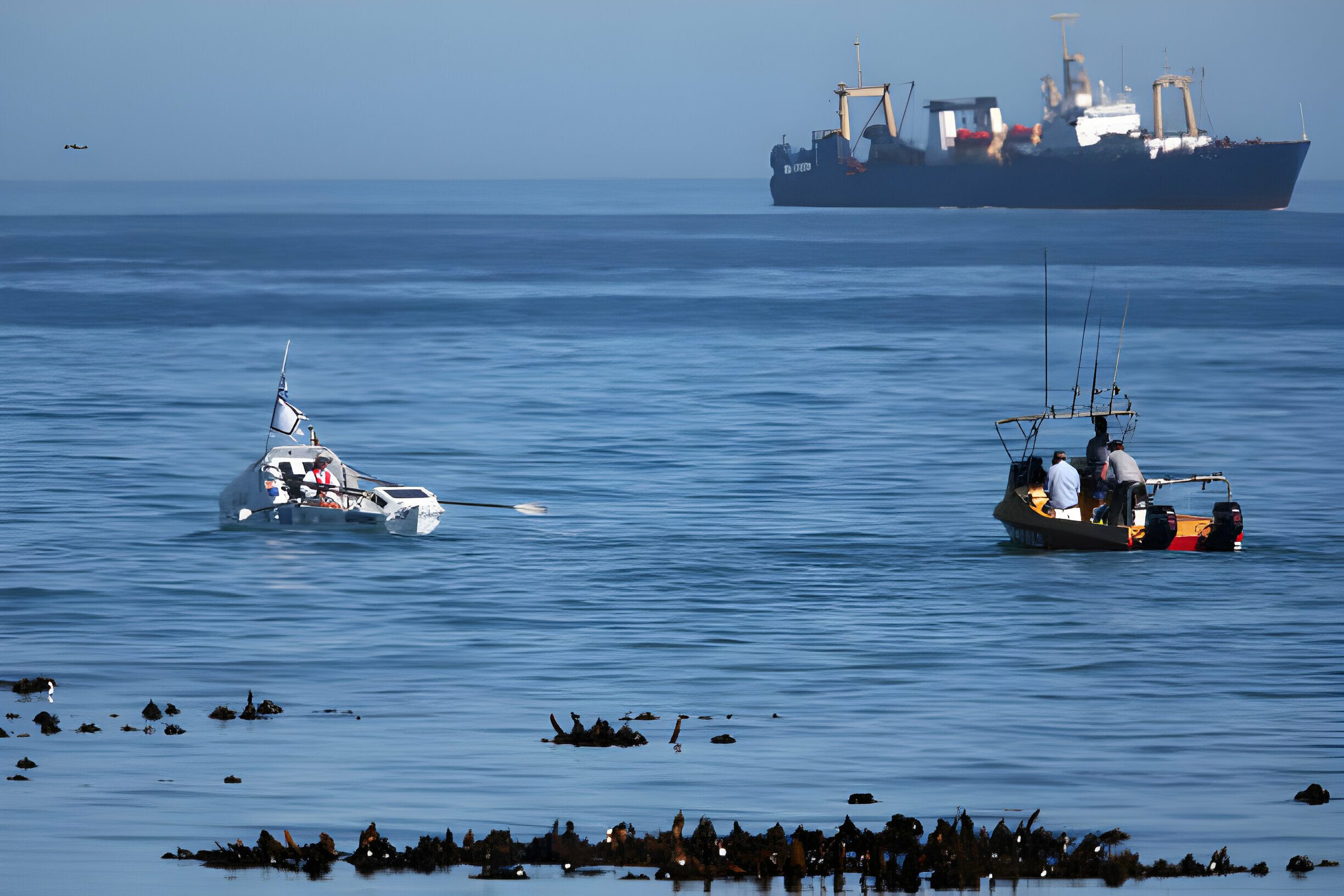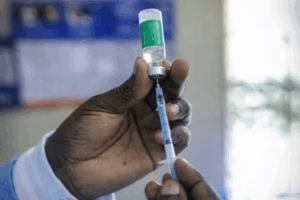A vessel transporting animals recently arrived in Cape Town’s harbour, spreading an unpleasant odour throughout the city’s central business area.
On the morning of February 19, Cape Town’s residents encountered an overpowering smell permeating the air, a consequence of a livestock ship docking at the city’s port. The vessel, named Al Kuwait, was laden with approximately 19,000 cattle, with reports indicating that some animals on board had perished. This ship had been navigating the seas for eight days from Brazil and made an unscheduled stop at Cape Town Harbour to replenish its stores of fuel, water, food, and medical supplies for both the crew and the cattle.
Dr Zahid Badroodien, the City of Cape Town’s Mayoral Committee Member for Water and Sanitation, expressed his concerns on social media platform X, stating,
“I have been informed of what is being described as a sewage smell enveloping parts of the city,”
with complaints chiefly originating from Woodstock, Observatory, Greenpoint, and the Central Business District.
The National Council of SPCAs (NSPCA) alongside the Cape of Good Hope SPCA team conducted an inspection aboard the ship to evaluate the condition and welfare of the livestock.
The NSPCA released a statement on Monday, articulating,
“We acknowledge the concerns voiced by the public about the distinct odour emanating from the ship, affecting the city centre and its vicinity. This odour signals the dire circumstances endured by the animals, who have already spent two and a half weeks on board, amidst accumulating faeces and ammonia. The smell on the ship is beyond words, a reality the animals are subjected to daily.”
The vessel is scheduled to depart from the port at 21:00 on Monday evening, resuming its voyage to its ultimate destination in Iran.
The incident has sparked discussions around the welfare of animals during transport and the impact of such activities on urban environments, highlighting the balance cities must maintain between being hubs of commerce and ensuring the well-being of their residents and the environment.

















